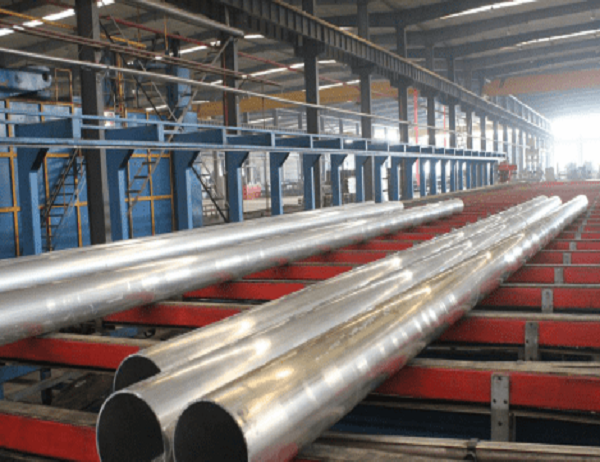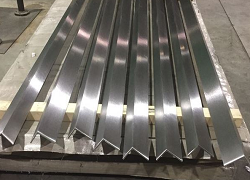Introduction:
In today’s eco-conscious landscape, the demand for sustainable practices in manufacturing has become paramount. The aluminum tube industry is no exception, with suppliers recognizing the need to adopt greener processes to meet customer expectations and reduce environmental impact.
Embracing Circular Economy Principles:
Leading suppliers are embracing circular economy principles by utilizing recycled aluminum. Recycling aluminum consumes significantly less energy compared to primary production, drastically reducing greenhouse gas emissions. By incorporating recycled content, suppliers contribute to a more resource-efficient and environmentally friendly supply chain.
Energy Optimization:
Energy efficiency is a crucial aspect of sustainable aluminum tube production. Suppliers are investing in advanced casting and extrusion technologies that minimize energy consumption. Modern equipment leverages variable frequency drives and optimized cooling systems, reducing overall energy demand.
Water Conservation:
Water management is another critical area of focus. Suppliers are implementing closed-loop cooling systems that recycle and reuse water throughout the manufacturing process. This minimizes water withdrawals from natural resources, ensuring the preservation of water ecosystems.
Waste Reduction:
Reducing waste is essential for sustainable production. Through lean manufacturing practices, suppliers are minimizing scrap and optimizing material yields. Precision cutting technologies and efficient packaging solutions further reduce waste generation. Additionally, suppliers are exploring innovative ways to repurpose waste materials, promoting a zero-waste mindset.
Supplier Collaboration and Transparency:
Partnerships and collaboration among suppliers are vital for driving sustainability across the supply chain. Suppliers are fostering transparency by sharing best practices, conducting sustainability audits, and working together to develop industry-wide standards. This ensures that all stakeholders are held accountable for their environmental performance.
Conclusion:
The aluminum tube industry is witnessing a paradigm shift toward sustainable practices, driven by customer demand and environmental concerns. Suppliers are embracing circular economy principles, optimizing energy consumption, conserving water, reducing waste, and fostering collaboration. By implementing these measures, suppliers are not only mitigating environmental impact but also positioning themselves as leaders in a greener and more sustainable future.



